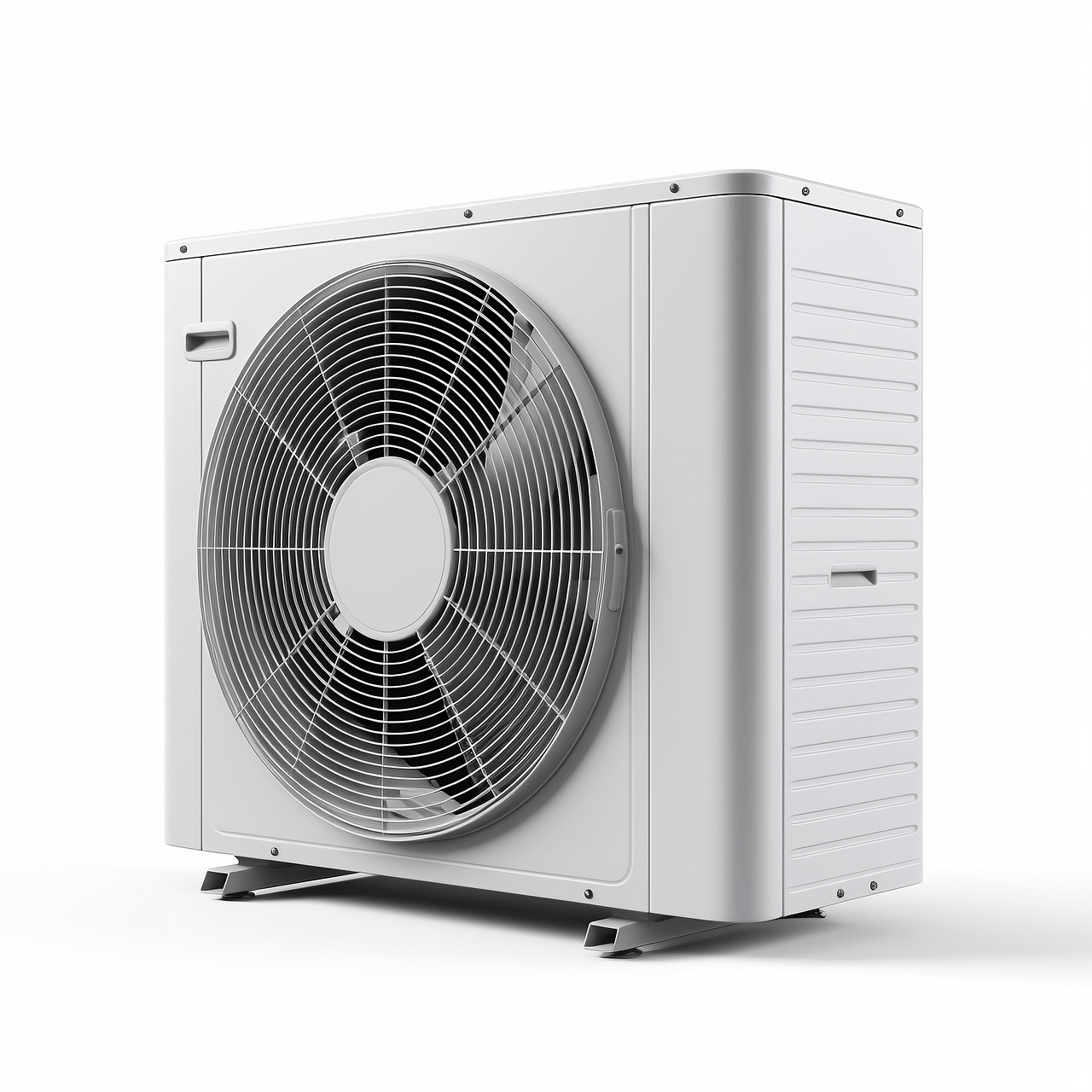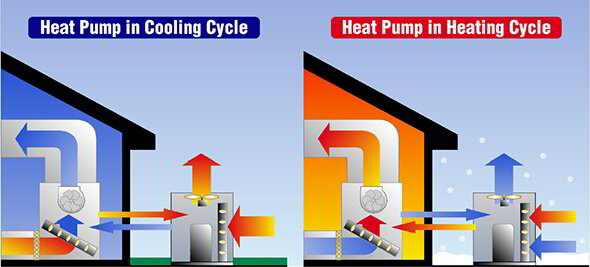
Visit Our Homepage | Book Online | Learn More About Us
When it comes to heating your home, choosing the right system can make all the difference in your comfort, energy efficiency, and budget. Two of the most popular options are gas furnaces and heat pumps. While they both serve the same purpose, they work differently and have unique benefits and drawbacks. In this blog post, we’ll go over the key differences between gas furnaces and heat pumps to help you make an informed decision for your home.
How They Work
Gas furnaces are powered by natural gas or propane and generate heat by burning fuel and distributing it through the air ducts in your home. They typically have a lifespan of 15-20 years and require regular maintenance to ensure safe and efficient operation. On the other hand, heat pumps rely on electricity and refrigerant to transfer heat between the inside and outside of your home. They can provide both heating and cooling and are usually rated for 15 years of use. While heat pumps may be less efficient in extremely cold temperatures, they are still a viable option for many climates.

Energy Efficiency
One of the main factors to consider when choosing between a gas furnace and heat pump is energy efficiency. Gas furnaces tend to have a lower upfront cost, but they can be more expensive to operate over time due to the fluctuating cost of natural gas and propane. They also have lower energy efficiency ratings, which means more heat is lost through exhaust and ductwork. Heat pumps, on the other hand, are more expensive to install initially, but they can provide significant energy savings over time thanks to their high efficiency ratings. They can also be paired with a backup heating source for colder climates.
Cost and Maintenance
When it comes to cost, gas furnaces are generally less expensive to install than heat pumps. However, the total cost of ownership over the lifespan of the unit may be higher due to ongoing maintenance and fuel costs. Gas furnaces also require regular maintenance to ensure safe and efficient operation, including annual inspections, cleaning, and filter changes. Heat pumps require less maintenance overall, but they may need occasional service for refrigerant leaks or compressor issues.
Comfort and Performance
Ultimately, your choice of heating system will depend on your personal preferences for comfort and performance. Gas furnaces tend to provide more consistent and powerful heat, which can be ideal for colder climates or larger homes. They also don’t rely on outside air temperature, which means they can provide heat regardless of the weather. Heat pumps, however, can provide both heating and cooling and may be more effective at maintaining a consistent temperature in mild climates. They also tend to be quieter and produce less carbon emissions than gas furnaces.
To Conclude
Choosing between a gas furnace and a heat pump depends on factors like climate, budget, and personal preferences. A professional HVAC contractor can help assess your needs and install the best system for your home. With proper maintenance, both options can provide reliable heating for years to come.
